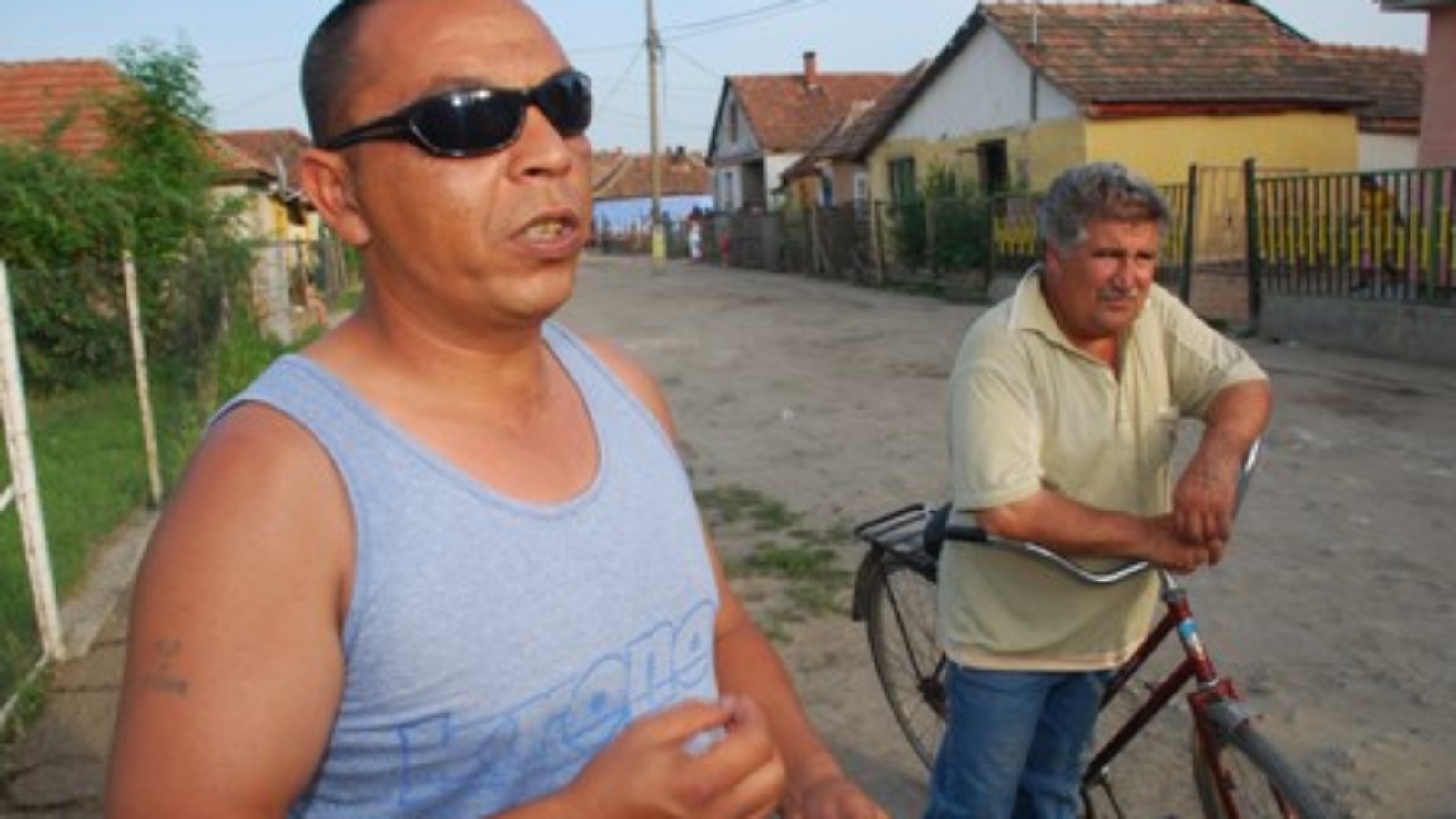Last month, French president Nicolas Sarkozy announced that police would shut down some 300 illegal Roma camps throughout France. The Roma, commonly known as gypsies, would be exported back to their countries of origin in Central Europe. On August 12th 2010, police began rounding up approximately 700 Roma from 30 sites across France, putting them on chartered flights out of the country. These actions have elicited the ire and condemnation of human rights groups across the world, which the French counter by noting that as EU citizens, the Roma can return to France at any time.
In the upcoming Fall 2010 issue of the World Policy Journal, reporter Michael J. Jordan travels to rural Hungary to explore the rise of right-wing extremism and hate politics. Many Hungarians, experiencing economic hardship and political turmoil, have increasingly turned towards extremist political parties such as Jobbik and militant groups like Magyar Garda, or Hungarian Guard, which scapegoat and target local Roma (approximately 5% of the national population).
Below is an excerpt from his article to be published in the Fall 2010 issue of the World Policy Journal, in which Jordan visits a Roma neighborhood in the small Hungarian town of Heves.
Listening to the Roma
One of the very last streets off Heves’ main road is the Roma quarter, distinguished by the sudden turn from pavement to a dirt track. It’s the only unpaved road around. If Hungarians are frustrated with their lot, they should speak with their Roma neighbors. The residents of the Roma quarter in Heves are eager to share their side of the story.
With fields and farm animals behind them, a whiff of manure hangs over the neighborhood, home to some 2,000 people. Half the houses boast a relatively fresh coat of yellow, orange or blue paint, while others seem to be slowly crumbling. Crowding the middle of the rocky, rutted road, Roma men recall the old days of communism, when buses pulled onto the street collecting workers for factories, mines, or manual-labor, or for women to pick fruits and vegetables during harvest. Those opportunities evaporated when state-run industries collapsed in the early days of capitalism. Whatever menial jobs remain are generally handed out to Hungarians, not Roma, who are mostly low-skilled workers and must scrape by on the bottom rungs of society’s ladder.
Indeed, the Roma form the group most nostalgic for the communist era. Party-imposed full employment meant all had jobs and a minimum standard of living. In the post-communist years, Roma were all too often the first ones fired, the last hired. In some of their communities, joblessness runs as high as 80 or 90 percent. Some resort to petty crimes, or worse. But these problems clearly cross all cultural and ethnic lines. Though discrimination does exist for the Roma, for the broader Hungarian population, too, there are simply none of the traditional jobs left.
“When we go for a job, many look at us and say, ‘No work,’” says Laszlo Molnar, 36, a Roma who earns money by cutting grass in town. “We all feel this on our skin. Youngsters here want to work. Ask my 16-year-old son. He wants to build homes. His friend wants to be a carpenter.” Talk of Jobbik and the Hungarian Guard elicits heated reactions like, “They want to finish the job of Hitler” and “burn and kill people.”
“I don’t know what they mean by ‘Gypsy criminality,’” says Jeno Hegedus, 60. “Perhaps stealing vegetables for something to cook and eat. But that’s because we don’t have any jobs or money.” Ferenc Konkoy adds, “We’re not afraid of the Guard, because the government and police are on our side. If the Guard came in here, they wouldn’t get out. Should we let them do what they want with us? We don’t have weapons, but we have lots of shovels.”
